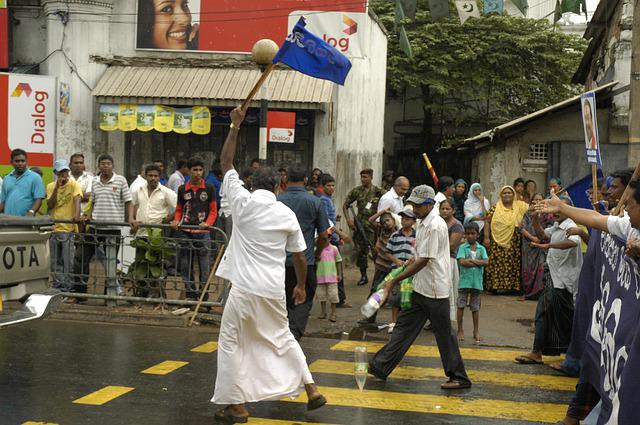Sri Lanka’s travel and tourism industry is a significant source of revenue. However, the current economic crisis, as well as the Ukraine-Russia war and China’s zero-COVID policy, have jeopardized the sector. In light of this, the government will confront a challenging job in reviving a once-thriving sector.
In 2019, tourism contributed more than 12% of the country’s GDP and is the third-largest source of foreign exchange reserves, after only worker remittances and the textile industry. According to GlobalData, international arrivals in Sri Lanka more than tripled between 2009 and 2019, rising from 448,000 to 1.9 million, with a peak of 2.3 million incoming tourists in 2018.
Hannah Free, Travel and Tourism Analyst at GlobalData, comments: “Sri Lanka was poised to be one of the world’s best holiday destinations due to the country’s rich culture, a wealth of natural resources, and diversity of accessible experiences on offer. It received major endorsements such as Lonely Planet’s best country in the world to visit in 2019, topping the National Geographic Travellers’ ‘Cool List’ in 2018, and was one of the best countries to visit according to Conde Nast Traveller Readers’ choice awards in 2021. The buzz around the island was hard to miss.”
However, tourism-reliant The Easter bombings in 2019 was Sri Lanka’s first big setback, quickly followed by two years of severe pandemic regulations. The country’s suffering tourism economy is exacerbated by the Ukraine-Russia war, which will likely result in a lack of tourists and tourism expenditure from these nations shortly. These obstacles, along with the current economic crisis, which has resulted in 50% inflation, daily power outages, and shortages of necessities like gasoline, food, and medication, will surely make the restoration of the country’s tourist industry exceedingly difficult.
Free said “While the rest of the world has seen increased demand for tourism in recent months, Sri Lanka will have an uphill battle to revive its tourism industry. Its new tourism ambassador, Sanath Jayasuriya, is reportedly promoting tourism as an instrument for economic recovery. The country’s initial strategy to attract inbound tourism appears to be strengthening ties with India and promoting Hindu sites.

















More Stories
Phoenix Ignites America’s $3 Trillion Tourism Powerhouse Unleashed
UK Hospitality Boom: France/Germany/GCC Drive 2025 Surge—Hidden Gems Await
Azerbaijan-China Tourism Boom at CITM 2025: Visa-Free Access & New Baku Campaigns!